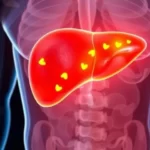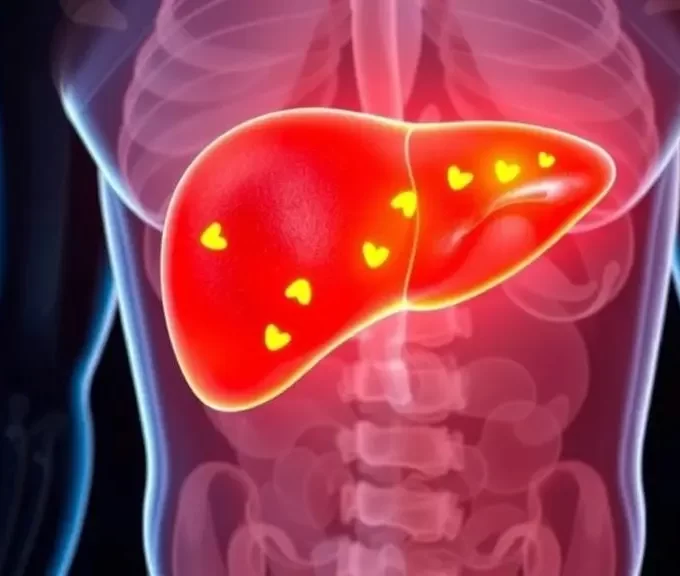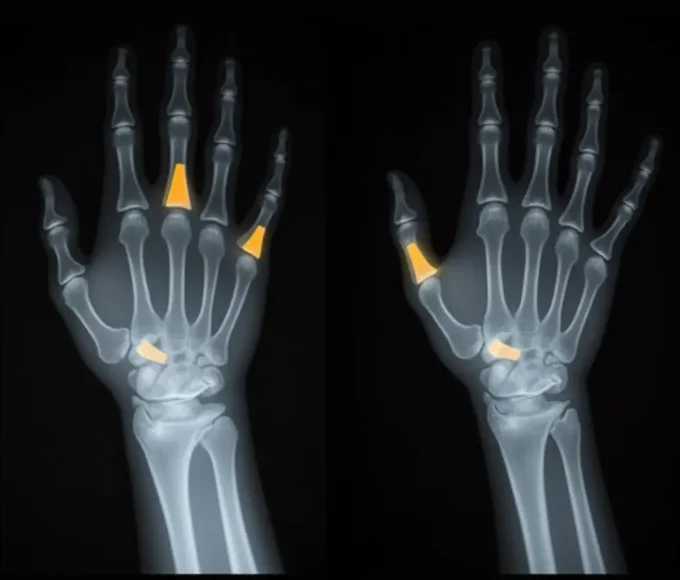Living with migraine headaches is like walking on a tightrope; you never know when one misstep, one bright light, skipped meal, or a stressful email might trigger an overwhelming storm in your head. For those affected, migraines aren’t just painful; they’re life-interrupting events that can steal hours or even days of normal functioning.
Over-the-counter medications and even prescription treatments might provide temporary relief, but they often come with side effects or diminishing returns. That’s why more and more individuals are exploring homeopathy, a gentle yet profoundly effective system of natural medicine that treats more than just symptoms.
What is a Migraine Headache?
A migraine headache is a neurological condition characterized by recurring episodes of moderate to severe head pain. The pain is often throbbing or pulsating and typically affects one side of the head, though it can shift or become generalized.
But migraines are more than just head pain; they’re frequently accompanied by additional symptoms such as nausea, vomiting, visual disturbances (like flashing lights or blind spots), and extreme sensitivity to light and sound. For some, the pain comes with pre-migraine warning signs or post-migraine fatigue, making it a full-body event rather than a localized ailment.
These attacks can last anywhere from a few hours to several days and are often so severe that they interfere with work, social life, and emotional well-being.
Types of Migraine Headache
Migraines don’t follow a single template. Understanding the type of migraine headache someone experiences is crucial for selecting the appropriate homeopathic remedy. Here’s a breakdown of standard forms:
- Migraine with Aura: These begin with visual warnings, such as zigzag lines, flashing lights, or blind spots, before the head pain sets in.
- Migraine without Aura: The most common type, marked by the sudden onset of head pain without any visual disturbance.
- Menstrual Migraine: Occurs due to hormonal changes, typically just before or during menstruation.
- Retinal Migraine: Involves temporary vision loss or visual impairment in one eye.
- Hemiplegic Migraine: A rare type where temporary paralysis or weakness occurs on one side of the body.
- Gastric Migraine: Centers around digestive issues, with nausea, bloating, and vomiting more prominent than head pain in some cases.
Each variation offers distinct clues to homeopaths when choosing a tailored treatment plan.
What Causes Migraine Headaches?
While science hasn’t pinpointed a single cause for migraines, there’s a growing understanding that these headaches arise from a complex interaction of neurological, hormonal, vascular, and lifestyle-related triggers.
Some people inherit a genetic predisposition to migraines, but external factors often act as the catalyst. These can include:
- Stress and anxiety disrupt the body’s hormonal and neural balance
- Hormonal shifts, particularly fluctuations in estrogen levels in women
- Sleep disturbances, whether it’s sleep deprivation or irregular patterns
- Dietary triggers, including chocolate, cheese, caffeine, drinks, and processed meats
- Dehydration, skipped meals, or fasting
- Environmental triggers, like bright lights, loud noises, strong odors, or rapid weather changes
In many cases, it’s a combination of these elements that overwhelms the nervous system and sets off a migraine headache. This multifactorial nature is precisely why homeopathy, with its holistic and individualized approach, is so effective.
Why Choose Homeopathy for Migraines?
Conventional treatments for migraines typically include painkillers, anti-nausea medication, and sometimes preventive drugs like beta-blockers or anticonvulsants. While these can be effective in the short term, they often fail to address the underlying cause and may come with unwanted side effects or drug dependence.
Homeopathy offers a fundamentally different approach. It doesn’t aim to suppress symptoms; it seeks to stimulate the body’s healing intelligence. In homeopathy, every case is considered unique. Two people may suffer from migraines, but if one gets them during heat exposure and another during emotional stress, they’ll receive completely different remedies.
Homeopathic remedies are:
- Individualized to your unique symptom pattern
- Non-toxic and non-habit-forming
- Safe for long-term use, even in children and during pregnancy
- Able to address root causes, whether hormonal, digestive, emotional, or environmental
The best part? Patients often experience not only fewer migraine headaches but also improvements in sleep, mood, energy, and overall resilience.
The Top 5 Homeopathic Remedies for Migraine Headache
Here are five of the most effective remedies I’ve personally used with patients for long-term migraine Headache management:
Glonoine For Sun-Induced, Throbbing Migraines
Glonoine is tailor-made for those whose migraines flare after sun exposure or excessive heat. The pain is explosive, with intense throbbing that makes the head feel like it might burst. Patients often describe a flushed face, confusion, and a deep sensitivity to movement or heat.
This remedy is beneficial for menopausal women or individuals who work long hours outdoors. When the pattern fits, Glonoine can provide not just relief but lasting constitutional support, reducing recurrence over time.
Belladonna For Sudden, Sensory-Intolerant Migraines
Belladonna is ideal when migraines come on suddenly, especially in the afternoon, with fierce intensity. The pain feels like it’s hammering in the temples or forehead, and patients become hypersensitive to light, sound, and motion. The face may appear flushed, and the eyes wide with dilated pupils.
This remedy often suits those with nerve-sensitive constitutions—individuals who overreact to stimuli and burn out quickly under stress.
Iris Versicolor, When Digestion and Headache Collide
Iris Versicolor is the classic remedy for migraines associated with nausea, acidity, and vomiting. The headache often starts in the right temple and is preceded by visual disturbances or a sour taste in the mouth. The pain and vomiting may occur together, offering no relief from purging.
For individuals whose migraines worsen after greasy or spicy food or whose work habits lead to skipped meals, this remedy is often life-changing.
Epiphegus For Overworked, Mentally Exhausted Migraineurs
Mental exhaustion is a potent migraine trigger, and Epiphegus addresses this root cause. The headaches usually begin after mental exertion and often appear on the left side of the head, especially behind the eye.
This remedy is excellent for teachers, writers, and professionals who overthink, overwork, and overextend themselves until their bodies fight back through pain.
Nux Vomica For Digestive and Lifestyle-Induced Headaches
Nux Vomica is perhaps the quintessential modern remedy, suited for people juggling stressful jobs, late nights, and irregular meals. These migraines are often accompanied by constipation, irritability, and morning hangover-like symptoms, whether or not alcohol is involved.
It’s the ideal remedy for urban professionals or those whose migraines stem from a chaotic, overstimulated lifestyle and a sensitive digestive system.
Conclusion
If you’ve been chasing migraine relief with pills that only provide temporary comfort, it may be time to try a new path, one that understands the person, not just the pain.
Homeopathy offers a system of healing that’s not only gentle and side-effect-free but also incredibly personal. By understanding your migraine’s type, triggers, and emotional signature, the correct remedy can help you find not just freedom from pain but a more profound sense of balance and vitality.
Frequently Asked Questions (FAQs)
What is the fastest remedy for migraine?
While conventional painkillers act quickly in homeopathy, Belladonna and Glonoine often bring fast relief for sudden, throbbing migraines, especially when symptoms match the remedy profile.
What are the three holistic remedies that could stop migraines?
Three effective holistic remedies include:
Iris Versicolor – for migraines with nausea and acidity
Nux Vomica – for migraines linked to stress and poor digestion
Epiphegus – for migraines from mental or physical exhaustion
What is the quickest way to stop a migraine naturally?
The quickest natural method involves resting in a dark, quiet room, staying hydrated, and taking a homeopathic remedy that matches your symptoms. Early intervention with the proper remedy often prevents full-blown episodes.
What are the 5 C’s of migraines?
The “5 C’s” refer to common migraine triggers: Chocolate, Cheese, Caffeine, Citrus, and Chinese food (due to MSG). Identifying and avoiding these can significantly reduce migraine frequency.
How did I cure my migraines naturally?
Many individuals report long-term relief through homeopathy, dietary adjustments, stress reduction, and identifying personal triggers. A tailored homeopathic remedy can significantly lower attack frequency over time.
What is the biggest trigger for migraines?
Stress is widely recognized as the leading migraine trigger, followed closely by hormonal changes, sleep disturbances, and dietary factors.











